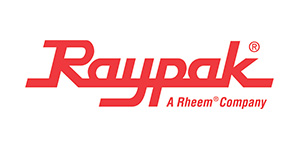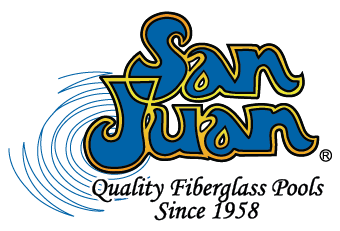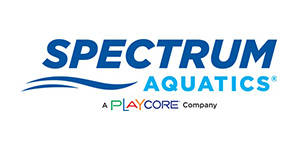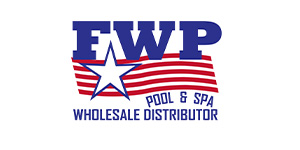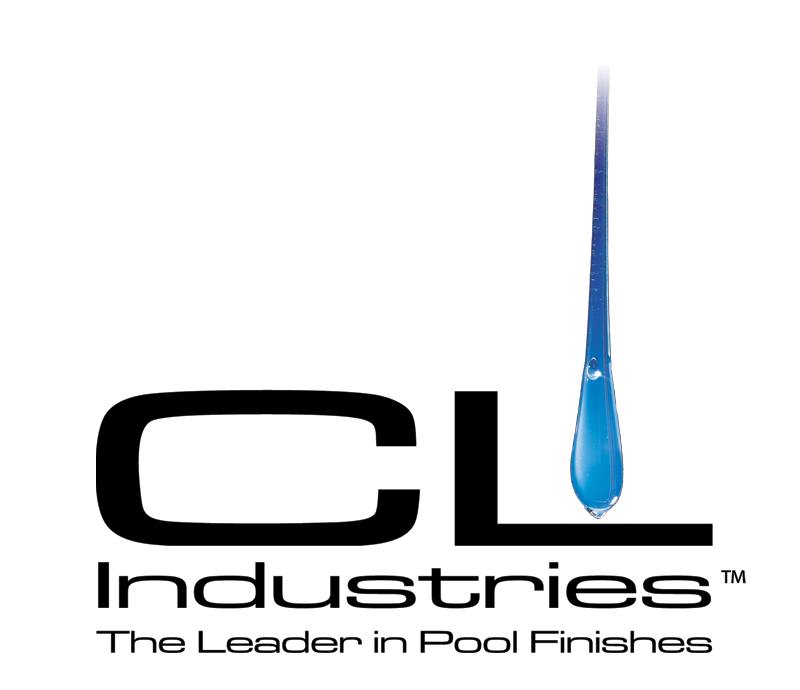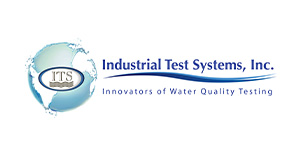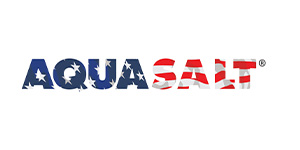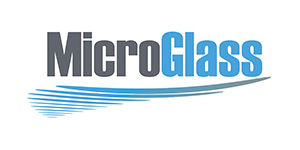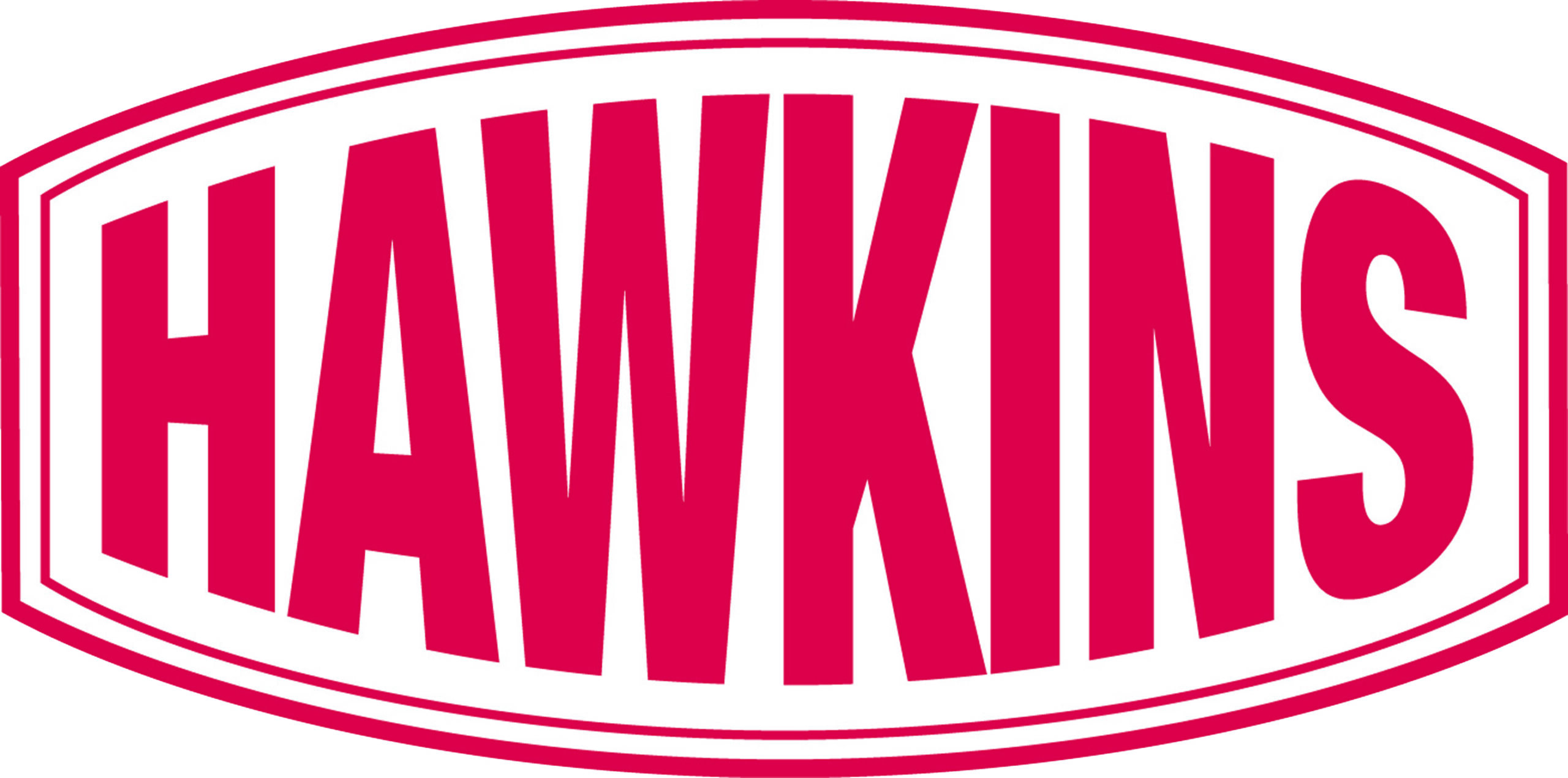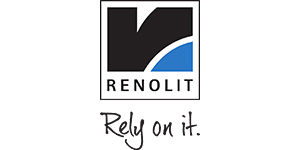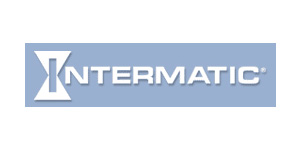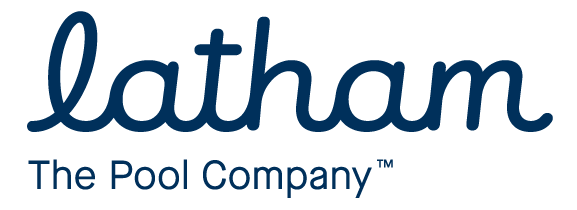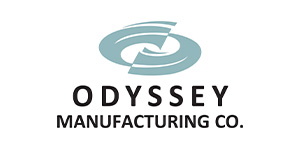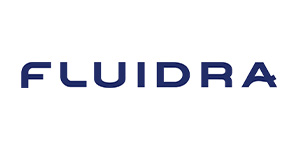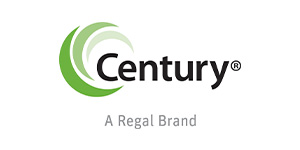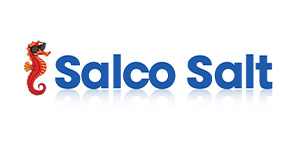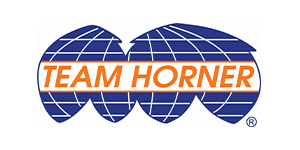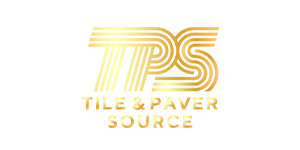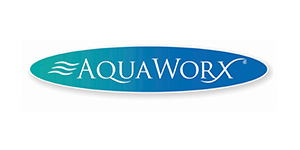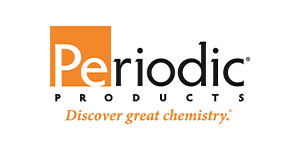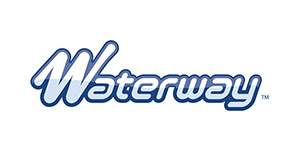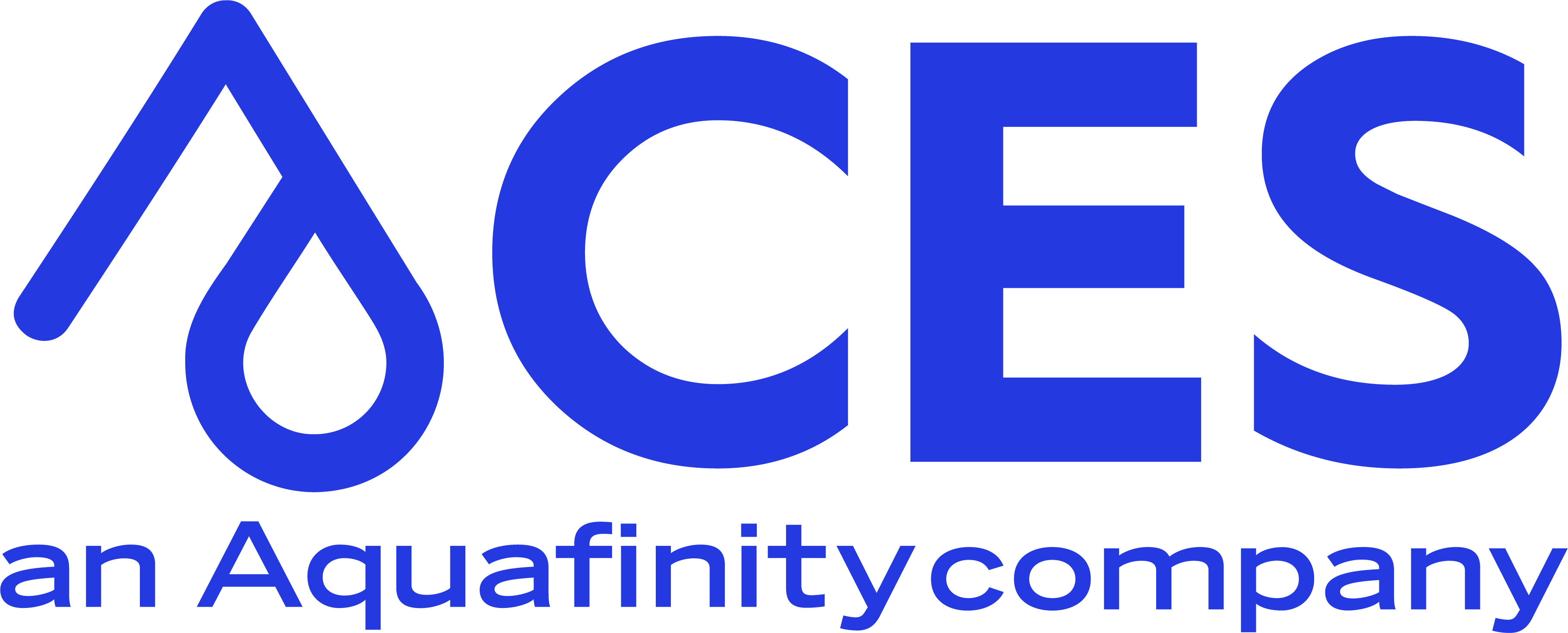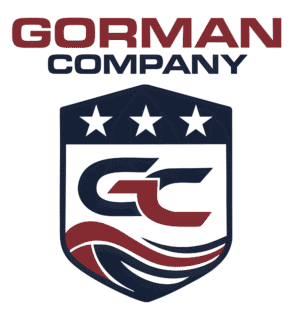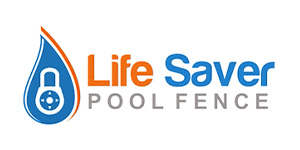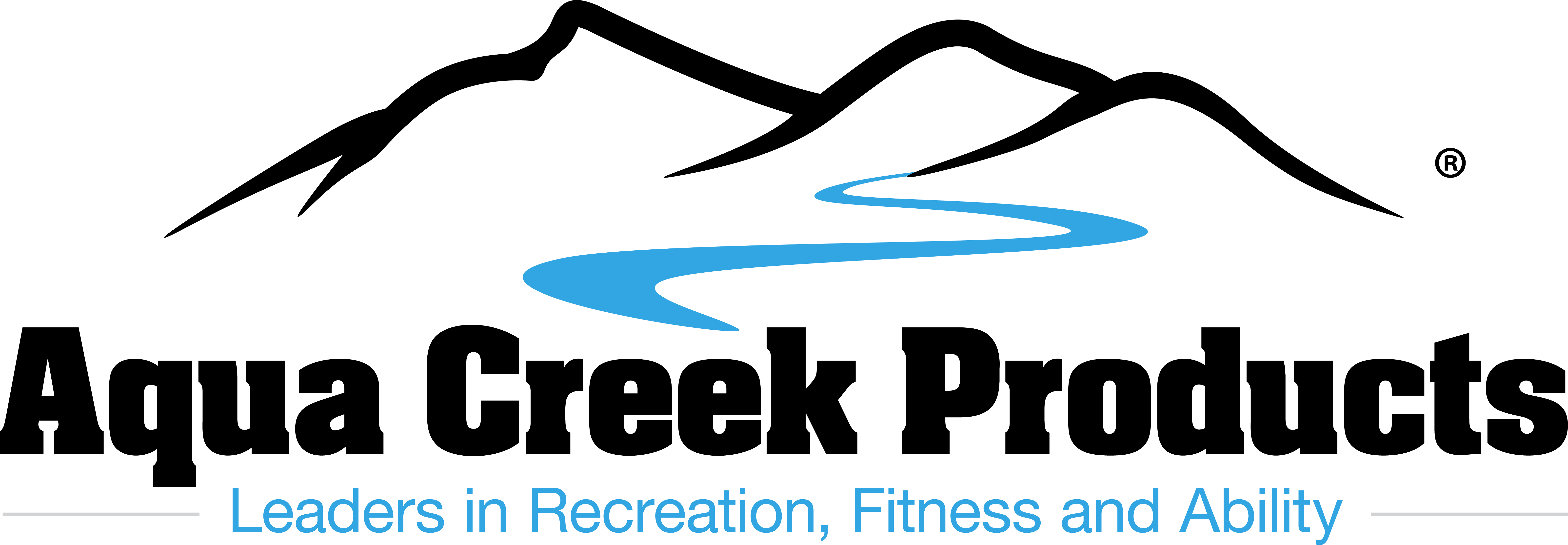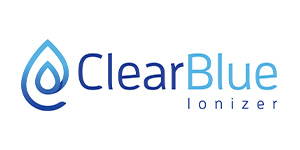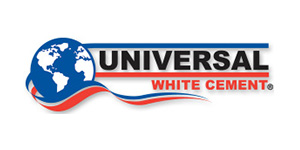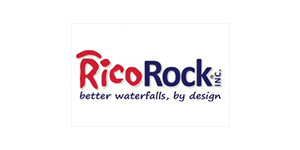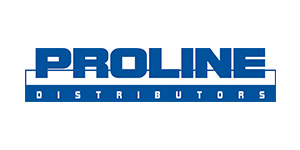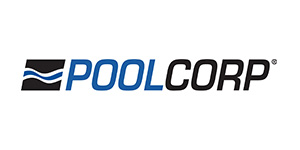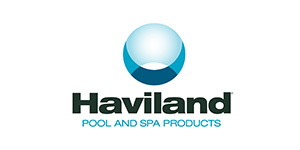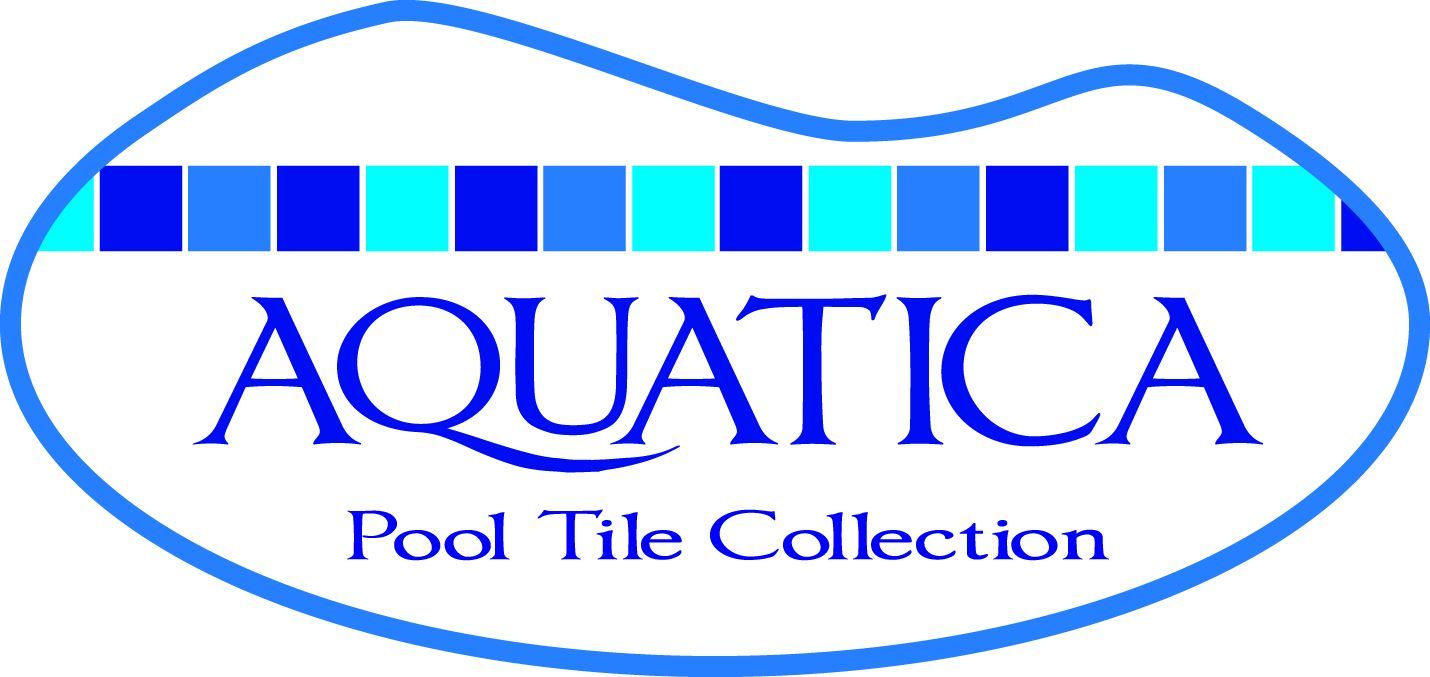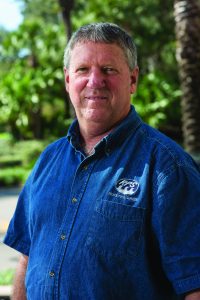 By Rick Howard, Rick’s Pool Service, Inc.
By Rick Howard, Rick’s Pool Service, Inc.
Are you thinking you might want to start doing commercial pool service?
By now anyone with a sliver of interest in our industry knows about the sudden algae bloom at the Summer Olympics in 2016 and it may have piqued your interest in commercial pools. While the cause is being sorted out, I would like to discuss the idea of venturing into the realm of commercial service.
To do commercial cleaning and chemistry requires a certification; one option being the new Florida Public Pool Specialist (FPPS) course and exam offered by the FSPA. These certified specialists are only qualified to clean and add chemicals. If you want to repair commercial pools you need a license. Pool Servicing Contractors are allowed to clean, add chemicals and do repairs. The most important thing to learn, know and understand is Chapter 64E-9 of the Florida Administrative Code, especially if your company is licensed to do repairs.
Commercial pools must comply at all times to the code. Most pools are inspected twice per year to ensure compliance. The health departments are doing their best, but they can miss things on inspections. Understanding proper operations of filtration systems is key. Basic hydraulics including pipe flow, allowable velocities, proper chlorine and pH feeder operation are very important. You need to be able to evaluate the filtration/sanitation systems for code compliance and operation.
You may even be required to make sure the equipment is designed for and meets the original engineering plans. You are not allowed to change filter system types without engineered plans. I have come across systems that were illegally changed and had the wrong type of filters. They can close the pool until the filtration is back to the approved design. The new code is really strict on flow, too little or too much will result in closure. This has to do with turnover and velocity through pipes and drain covers. In Pinellas County they are even mandating the original chlorine feeders be used! So, if you installed a NSF approved tablet feeder, and it wasn’t designed with that, they will make you go back to the chemical feeder that was originally specified for the pool! You must also understand allowable chemical chemistry levels. Be prepared when an inspector reads a 7.8 pH and closes the pool for being out of compliance; the frustration being that three other people might read that lower.
Some of these new rules must be challenged in Tallahassee! It is important to be involved in our Pool Industry PAC; attending Legislative Days in a great start! So before you step into commercial service, learn the codes and be ready to defend your actions to inspectors!

